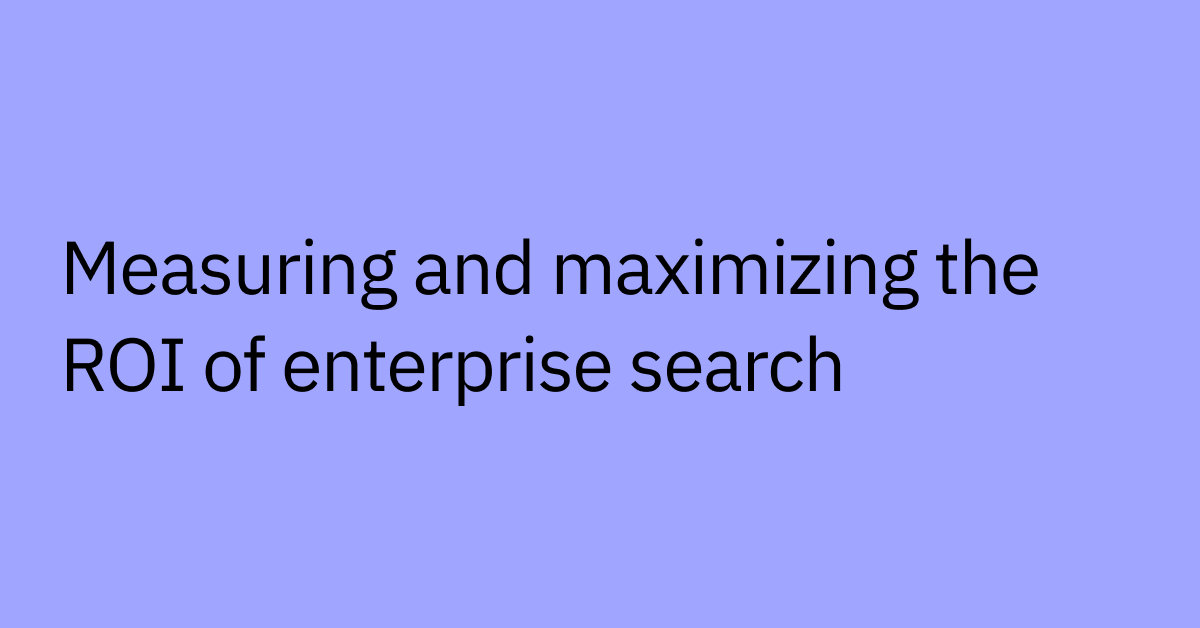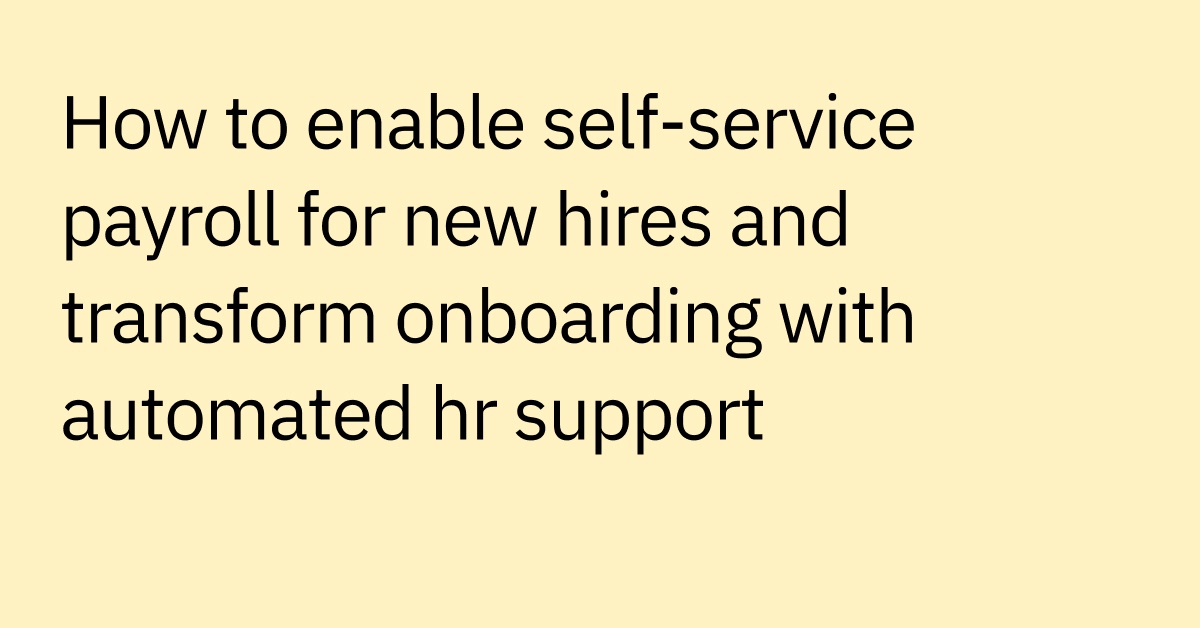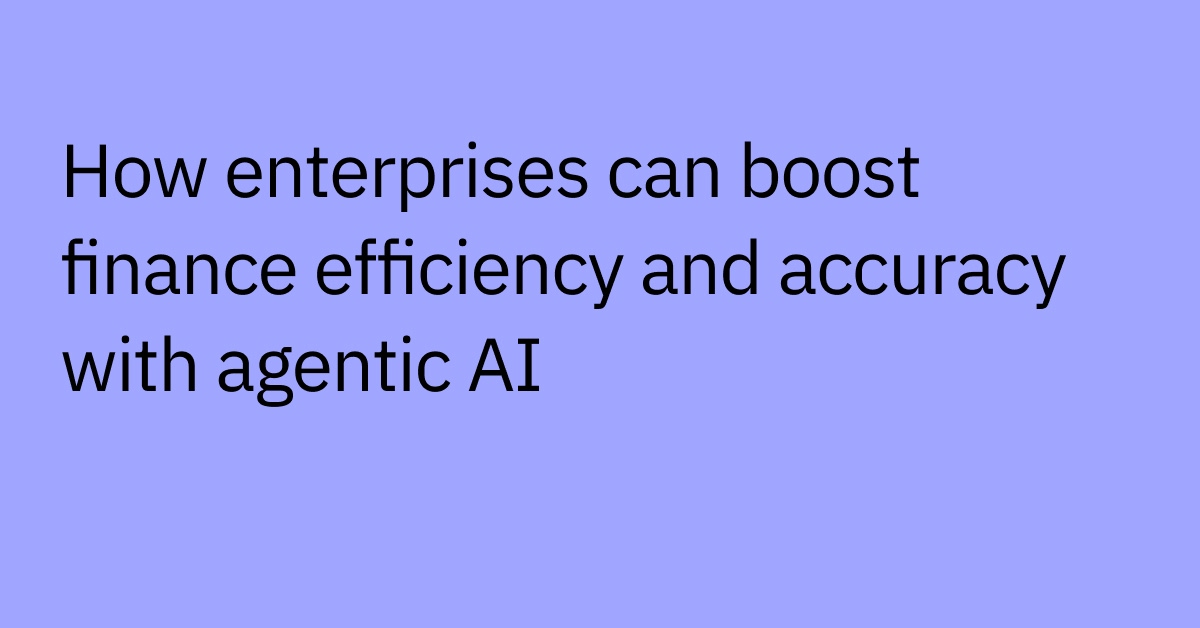Table of contents
Highlights
- HR leaders need to blend human insight with AI to drive organizational growth.
- AI technology amplifies core competencies and skills, like effective communication, data literacy, and adaptability.
- AI helps predict workforce trends and address issues before they escalate.
- Personalized, AI-powered experiences boost engagement, DEI, and development.
- Automating routine tasks frees HR to focus on strategy and culture.
Is your team spending hours toggling between multiple systems just to onboard a new hire — then running a strategy session about how AI will reshape your workforce? That’s HR today: you’re part administrator, part futurist too.
HR leaders aren’t just managing people anymore — you’re shaping how organizations adapt and thrive in an AI-powered economy. As hybrid work expands and global teams demand flexibility, the ability to connect data, technology, and human insight now defines business success.
The challenge? Balancing strategy with scale. You’re driving culture, experience, and transformation, all while keeping the admin wheels turning.
Recent SHRM research shows that 28% of organizations say jobs now require entirely new skills, with AI skills (31%) ranking among the top three most in demand. Traditional HR skills are still absolutely needed — both soft skills (conflict resolution, mentoring, organizational skills) and technical skills — but they’ve become the baseline.
Traditional HR capabilities are table stakes. As we move into 2026 and beyond, the next generation of leaders will master both — pairing human intuition with AI-powered intelligence to unlock agility, retention, and growth.
Now let's explore how leaders like you can develop skills that blend human insight with automation and strategy with AI-powered intelligence — and be ready to build a workforce ready for what’s next.
Core human resources skills redefining leadership in the AI era
Advances in AI and automation are reshaping the strengths that define effective HR leadership, like adaptability, data literacy, and communication. These skills sit at the heart of strong people leadership, but how you apply them is changing.
Now, success means using technology to expand your reach and enhance decision-making and problem-solving, while building stronger connections across your organization.
1. Strategic communication and influence
As HR initiatives intersect with AI adoption and hybrid global teams, skill in creating persuasive, strategic stories can move ideas from concept to impact.
Yet 75% of business leaders think that their team is challenged to communicate effectively. Clear narratives help connect HR programs to shifting business priorities and show how technology and people can work together to achieve results.
You’re guiding teams across locations, time zones, and work styles, so your messaging needs to resonate with diverse audiences. Framing HR strategies within a broader organizational story and explaining what AI means for employees and executives alike helps staff see the purpose behind the change and align their efforts with overall goals.
This is where influence comes in — turning understanding into action.
Influence involves building trust and guiding your organization confidently through changes. Cultivating credibility and encouraging collaboration, combined with strong storytelling and communication skills, can make your impact visible and lasting.
2. Data-driven decision-making
Workforce analytics, engagement metrics, retention trends, performance data — all of these HR metrics help you spot opportunities and anticipate challenges, so you can keep HR initiatives aligned with business goals. Monitoring team performance and engagement helps you understand what drives productivity and employee satisfaction.
3. Adaptability and change management
With workplace shifts so frequent, often due to new technologies, evolving employee expectations, and global changes, you need flexibility at every level. Being adaptable means staying open to new ideas and being able to adjust quickly, while helping others do the same.
Agility involves shaping change, not just reacting to it. Use technology to enable change rather than chasing it, and you can become a true change agent. You’ll be able to help your organization move forward smoothly, supporting teams through uncertainty and turning disruption into opportunity.
Find out how AI tools are solving HR challenges and gain expert insights with our free webinar: HR’s Evolution in 2025 and Beyond.
Strategic HR skills driving enterprise transformation
Human resources professionals are now playing a central role in shaping how people and technology come together. The next wave of HR skills goes beyond daily operations, focusing on driving transformation and building teams while creating a workplace that’s ready for the future.
4. Talent development and workforce planning
Preparing your workforce for the future means anticipating what skills your organization will need next. HR leaders already play a strategic role in forecasting talent acquisition demands and creating opportunities for employees’ career growth via upskilling and reskilling.
But with automation and AI, you can take talent development to the next level and turn workforce planning into a competitive advantage.
AI-driven tools make this process smarter and more precise. They can analyze performance data, industry trends, and internal mobility patterns, highlighting emerging skills gaps.
These insights let you design personalized training programs and create AI-powered career paths that show employees how to advance and build a long-term career at your company.
5. Employee experience and engagement
Creating an exceptional work experience for employees begins with seeing every interaction, from onboarding new employees to offboarding, as part of one continuous journey.
HR leads that journey, ensuring that employees feel supported and valued at every stage of their careers. A seamless experience builds trust and strengthens retention, fueling engagement across the organization.
AI elevates how you can deliver that support, and is able to simplify everyday tasks, like scheduling and policy lookups. When HR technology handles the admin load, employees get quick, accurate help, and HR teams have more time to focus on workplace culture and engagement.
6. Technology and AI fluency
As AI continues to change work environments, the ability to understand how technology affects daily operations is a skill every employee needs. HR specialists who understand how digital tools and AI fit into workflows will be better equipped to lead these transformations and anticipate how technology shifts will impact people and processes.
Staying ahead means being an active learner: experimenting with AI tools, participating in workshops, attending AI webinars for HR teams to explore real world AI use cases. Being curious, experimental, and informed helps you position yourself to use this technology effectively.
Together, these strategic HR skills create the foundation for AI-augmented leadership — where people, data, and technology work in sync.
How AI amplifies and elevates HR leadership
AI is reshaping and redefining what it means to lead in HR. The expectations for HR professionals are expanding, and organizations are looking for leaders who can blend human insight with technology to create smarter, more agile operations.
Forward-thinking HR teams aren’t fearing automation — they’re embracing it. Using AI to scale their reach provides more time for strategic work and strengthens their influence across the business.
This shift revolves around enhancing human judgment, rather than replacing it. The future of HR leadership lies in partnering with AI to make faster, more informed decisions and deliver a more personalized employee experience. Leaders who thrive will be those who lead with AI, not those who compete with it.
AI as a strategic partner
As a trusted partner, AI helps you understand both what’s happening and why it’s happening. When AI detects early signs of disengagement in a department, for example, it gives HR managers the chance to step in before turnover becomes a problem.
AI can help you connect data across systems like performance management, engagement surveys, and workforce planning. But it can also go a step further, surfacing actionable insights and patterns that you may not catch otherwise.
AI tools can make data analytics faster and more precise, surfacing insights in real time that might otherwise go unnoticed. An AI assistant can flag rising sentiment issues or reveal onboarding bottlenecks, for example, or it might alert you to teams that are showing early signs of turnover.
This approach allows you to move from reacting to problems to addressing them proactively. Combining your expertise with AI-driven analytics means you can act quickly and focus on initiatives that matter most, making informed decisions along the way that benefit employees and support organizational success.
AI as an efficiency multiplier
AI is changing HR work, taking on the repetitive, time-consuming tasks that once filled your schedule. Routine questions, case routing, approvals — AI can handle many of these tasks in just seconds, automatically.
AI tools can make this possible by simplifying the behind-the-scenes work — updating policies, streamlining workflows, and keeping communication clear and consistent. When employees need quick answers about policies or payroll, an AI assistant can deliver them instantly. HR practitioners don’t have to spend hours fielding simple requests or managing paperwork. Instead, those hours can go toward guiding strategy and strengthening organizational culture.
This change saves time and builds service consistency, allowing HR professionals to think creatively, nurture relationships, and drive innovation — without dropping the employee support ball. Human resources management teams can lead with influence and shape employee experiences at a higher level when AI is streamlining the operational load.
AI as an enabler of personalization
AI is already helping HR departments replace one-size-fits-all programs with tailored onboarding, training, and communication that align with each employee’s goals and unique growth path.
Analyzing employee sentiment and behavior allows AI to spot patterns that help HR deliver support at just the right moment — whether it’s a check-in after a tough project or a nudge toward new learning opportunities.
For example, an AI assistant might recommend a skills development program that will help prepare an employee for their next career stage, so they stay engaged and future-ready.
At the same time, AI can also help elevate DEI and engagement efforts, making relevant, inclusive experiences accessible to all and strengthening employee relations.
This kind of personalization helps employees feel seen and connected, deepening their motivation and sense of belonging. With AI powering these types of insights, you can cultivate a workplace that adapts to every individual while still scaling across the enterprise.
Empower HR professionals and enhance the employee experience
HR leaders create real impact when they spend less time on repetitive tasks and more time on high-value work. Pair soft skills with hard results fuels agility, satisfaction, and growth throughout the organization and turns HR into a strategic business partner — not just an admin function.
Learn more: Explore how HR can drive AI-fueled change across the organization.
That said, the right tools are key. With Moveworks, HR teams gain the kind of immediate support and comprehensive self-service that every employee needs — at every turn — and at scale.
Similarly, employees are able to benefit from an intelligent AI assistant that can deliver instant answers, on-demand support, and automate workflows to accelerate productivity.
Moveworks handles the routine work and elevates critical insights so HR professionals can dedicate more energy to creating a better employee experience and driving meaningful organizational change.
Take the next step to empower your team and enhance the employee experience with Moveworks AI for HR.
Frequently Asked Questions
Tracking adoption rates, employee engagement scores, productivity gains, and retention metrics helps HR teams understand the impact of skill-building efforts.
Ethical AI operates on the principles of fairness, transparency, and privacy for data usage, employee career decisions, and workforce analytics, helping you gain efficiency while building trust with employees.
HR skills usually focus on versatility across multiple functions in smaller businesses, but they tend to center on strategic influence, data-driven insights, and change management in large enterprises.
Digital communication, virtual team leadership, cultural intelligence, and the ability to manage employee experience remotely are essential skills in the HR field.
Investing in continuous learning, AI experimentation, building digital literacy, and leveraging AI-powered platforms like Moveworks to automate tasks and surface insights helps HR leaders stay ahead.
Hybrid roles that blend people expertise with data-driven strategy, like AI program manager, HR data analyst, and AI ethics lead, are emerging HR careers.



